Share this post!
The condominium corporation insurance market is experiencing a watershed moment as more insurers remove condo insurance from their offering. Those that still offer condo corporation insurance are either increasing their premiums and deductibles or making it impossible to obtain insurance altogether. Here we share 10 ways your board can beat the odds and get enough insurance for your condo property.
1.Give yourself at least a 60-day head start.
Many condo boards make the mistake of using the renewal date as their starting date for the renewal process. However, you should start the renewal process at least 60 days prior to the renewal date. You’ll have more time to respond to requests for information by the insurer to avoid delays. As a result, you’ll have the renewal signed and active before your current policy runs out.
2.Consider when and when not to make claims.
Insurance companies are all about the numbers. One of the main considerations in the renewal process is your loss ratio. This is the amount your insurance company had to pay out in the past three to five years for your policy. The lower this ratio, the more chance there is the insurance company will renew your policy. Therefore, you should avoid claims that are less than two to three times your deductible and stick to major losses to reduce the frequency of reported events.
3.Agree to an increased deductible.
The higher the deductible, the lower your premiums. Since many insurers have already increased their deductibles, opting to do so on your own is preferable.
4.Change your unit coverage bylaws.
Changing what your condo insurance covers for unit damage can help motivate insurance companies. Many condominium corporations have put bylaws in place to change what’s covered for a standard unit, such as water damage coverage for costly replacements like flooring, kitchen cabinetry, and countertops. These costs are then passed on to the unit owner’s insurance company.
For example, if a leaky water heater damages multiple units, your coverage puts all the pressure on your insurer, whereas passing on the costly damage to the unit owner spreads out the losses to multiple insurers. This benefits your corporation because it reduces the impact on your premiums at the time of renewal.
Tip: Another option is to simply pass on the premium increases to your common element fees. Your increases justify the increase and ensure you have enough coverage.
5.Arrange a new insurance appraisal every 3 to 5 years.
Appraisals ensure you are covered for the most current replacement costs. As a result, if severe damage occurs, you receive the current total value, instead of random costs agreed to 10 years ago.
6.Complete regular inspections of the property.
Introduce routine programs and inspections to reduce risks for the insurance company, such as:
- Sump pump inspection and repairs
- Cleaning dryer vents and ducts
- Checking and replacing old smoke detectors
- Cleaning plumbing stacks
- Roof inspections
- Building envelope inspections
- Fire safety programs
Any steps you take to prevent claims in advance of renewal work in your favour.
7.Create your own claims procedure to mitigate further losses.
The longer you wait to start the restoration process after a claim’s event, the more serious the damage becomes. A claims procedure expedites the claims process and includes:
- Who will file the claim
- How it is claimed
- The restoration company(s) you will call to manage restoration
- How unit owners can report damage and emergencies
Your procedure shows the insurance company that you are committed to reducing further damage and costs.
8.Include a unit system update records policy in your bylaws.
If your condo corporation is not responsible for upgrades such as unit heating systems, electrical, and plumbing, introduce a policy that requests unit owners provide a record of their upgrades. This shows the insurer what upgrades have been done and in which units.
9.Improve your maintenance with a preventative strategy.
Insurance companies don’t respond well to clients that are reactive. Show the insurance company you are constantly mitigating risk through a preventative maintenance strategy. Maintaining every component with specific schedules and plans in place helps avoid major claims.
Also, inform unit owners of potential disasters waiting to happen for old heating, electrical, plumbing, and water heaters to encourage timely updates. Understanding how damages impact their belongings, and how liability for damage to other units impacts their finances is a good way to motivate them to be more proactive with unit systems maintenance.
10.Engage a trusted property manager.
Keep in mind that poor condo maintenance and management reduces your odds of finding effective coverage. Engaging a property management company to handle your building management and maintenance will ensure you have the policies in place to reduce claims’ risk.
The condo experts at CPO Management Inc, a full-service property management company in Toronto and the GTA, will identify inefficiencies, create effective maintenance programs and develop insurance claim procedures to ensure you always have the best possible insurance coverage. Reach out to us today to learn more about our condo services.
